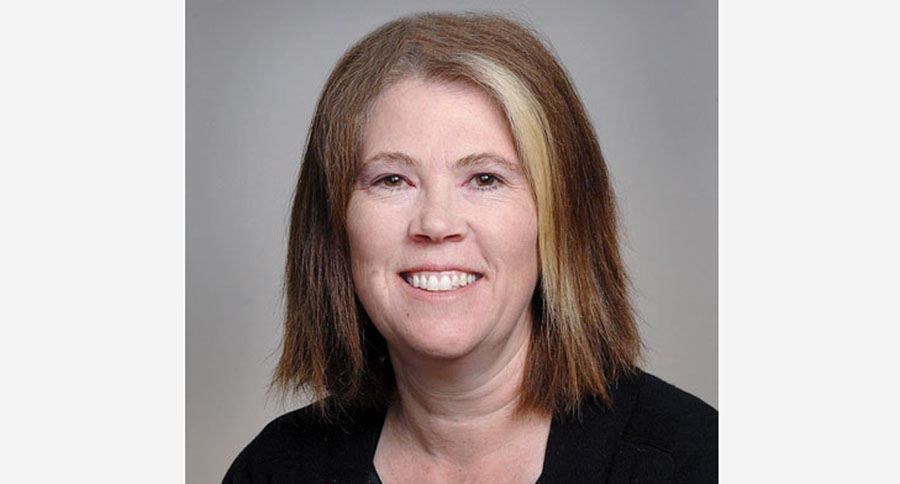I thought that I would take the opportunity this week to make some observations about the federal election debate.
I have three points.
First, I find the use of the term "the economy" problematic in political debate. Second, I was struck by a feeling of disconnect between the campaigns at the national level and at the local level. Third, it really came home to me that the use of technology could, over time, change the nature of elections and bring about a more broadly democratic process.
On the first issue, the leaders' debate on Thursday night was ostensibly about the economy. According to the Globe and Mail editor-in-chief David Walmsley who moderated the debate, "the economy" was the sole topic. I have said before that the problem with the use of the term "the economy" is that it is not a sole issue.
In fact, the topics of the debate, listed at the outset, illustrate my point: jobs, energy and the environment, infrastructure, immigration, housing and taxation. Clearly the scope of the debate was wide ranging because none of the issues that are central to an economic plan exist in a silo. When pollsters ask Canadians: "What is the most important issue for you in this election?" and the answer is: "the economy" we have to dig deeper into the meaning of that answer. It is a catch-all that politicians find easy to use but to understand a party's policy on the economy is actually to look at their entire platform.
If anything could be said about the overall approach to the economy then I think Mr. Walmsley was trying to summarize the distinction among the parities when he said that we are seeing "an extraordinary exchange of ideas between a now centrist NDP and a deficit favouring Liberal Party."
Clearly he meant us to extrapolate that the Conservatives remain right of centre. My read of the different views is that the NDP has been plagued by the opinion that they will overspend and so they are making the case that they will work with balanced budgets with a shift in spending priorities. The Liberals are arguing for investment by the state using deficit spending in areas that will stimulate the economy and the Conservatives are arguing for a "stay-the-course" approach that includes balanced budgets. It is up to the voter now to look at the details of those three messages.
On my second point about the disconnect between the local and the national campaign I caught myself wondering about the utility of a long campaign: there is still a month before the actual election.
By serendipity, Rex Murphy's commentary on CBC's The National later in the evening tackled this question. He set me straight when he noted that a longer campaign can ensure that we don't have knee-jerk reactions to single issues or to a single "zinger" moment that might make us discount a party or a leader. Moreover, he suggested that a longer campaign gives us more time to scrutinize the candidates. This point made me realize how important the longer campaign could be for many ridings. In both of the Prince George ridings, the full swing of the campaign has really only started. We have had a chance to hear the national approach to issues and now we have time to focus on the local candidates, many of whom are new to voters.
Finally, I was struck by the smart choice of the Green Party in putting Elizabeth May into the debate. She answered the questions via Twitter and did so in the protected environment away from the reverse scrutiny that comes with being on the stage. I know that many voters, particularly older voters, may not have been following Twitter but the younger generation, the constituency that will most likely vote Green in the future, were probably seeing Elizabeth May somewhere in their Twitter feed.
Social media has the potential to make the campaigns more democratic. While the dominant parties may choose to exclude minor parties from the debate, the Greens illustrated to us that there is now a simple way to reach the public. Moreover, one has to wonder about the viewership on Thursday night as the parties continue to avoid the main public broadcaster for debate events.
We still have a way to go before the election but we still have lots to learn in our local races.



